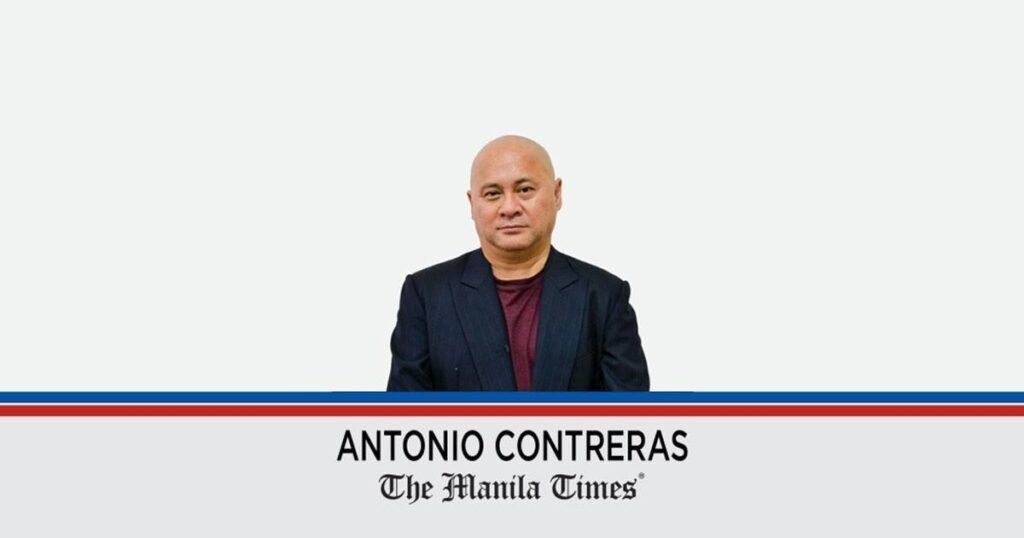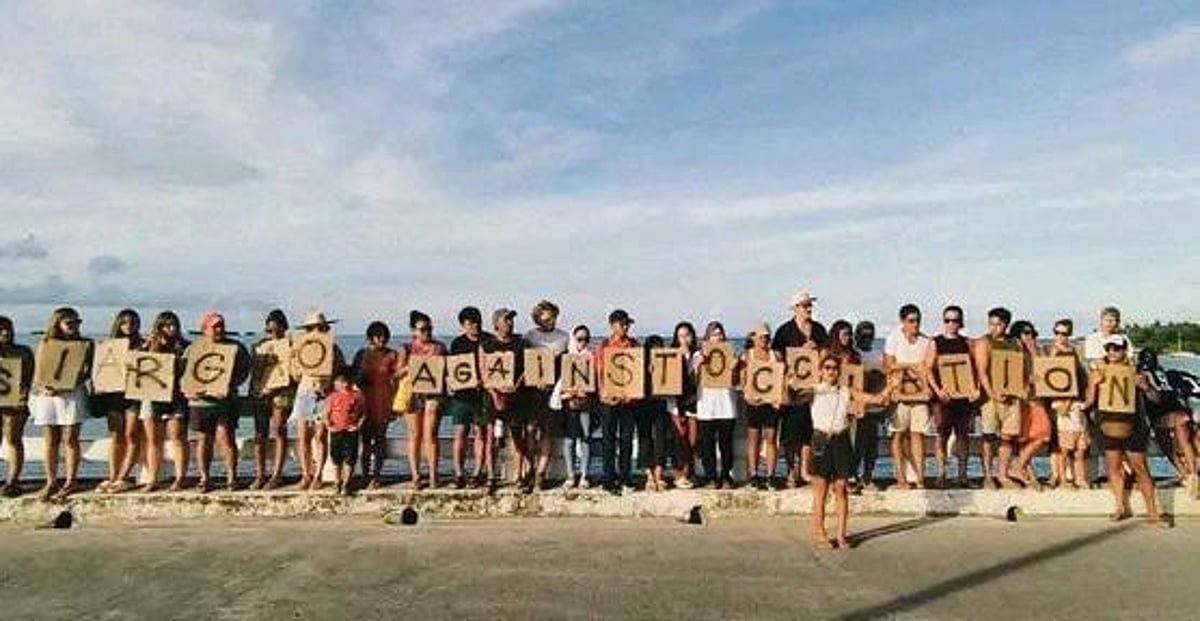A RECENT opinion piece in Asia Times titled “Marcos Jr. should follow his father on China” calls for President Ferdinand “Bongbong” Marcos Jr. to take a page from his father’s 1970s-era foreign policy playbook. While the article is rich in historical references and steeped in nostalgic invocations of longstanding Sino-Filipino ties, it commits a fundamental error: it conflates context with continuity.
The suggestion that the President can, or should, replicate the elder Marcos’ China pivot disregards the dramatic transformations in global geopolitics, regional dynamics and domestic political environments. In short, this is not the 1970s, and nostalgia is no substitute for strategy.
The historical context in which Ferdinand Marcos Sr. engaged China was shaped by the unique conditions of the Cold War. At the time, Beijing was emerging from the chaos of the Cultural Revolution and cautiously reopening itself to the world. The United States was shifting its China policy following President Nixon’s groundbreaking visit to Beijing in 1972. Against this backdrop, Marcos Sr.’s move to establish formal diplomatic relations with China in 1975 was both opportunistic and pragmatic.
To frame this as a template for modern foreign policy is misleading at best and dangerous at worst. The Philippines in 2025 is a constitutional democracy. The international system is now defined by a multipolar world where China is no longer a sleeping giant but an assertive power engaged in an expansive and often aggressive campaign of territorial assertion, particularly in the South China Sea. Today, the challenge posed by China is not merely diplomatic. It is existential to our national sovereignty and security.
The op-ed makes much of the historical and cultural ties between the Philippines and China. It recalls centuries of trade, migration and shared cultural heritage, elements that are undeniably important in shaping our bilateral relationship. However, cultural affinity should not be weaponized as a means to dilute legitimate concerns about Chinese expansionism. The fact that Chinese traders once sailed to our shores, or that Binondo is the world’s oldest Chinatown, does not erase the very real and present threats facing Filipino fisherfolk harassed in our own exclusive economic zone (EEZ), or the aggressive maneuvering of Chinese coast guard and militia vessels within our maritime borders.
Get the latest news
delivered to your inbox
Sign up for The Manila Times newsletters
It is also telling that the article downplays, if not outright ignores, the 2016 arbitral ruling by the Permanent Court of Arbitration in The Hague, which unequivocally invalidated China’s sweeping “nine-dash line” claim. That landmark victory affirmed the Philippines’ sovereign rights over its EEZ and was a resounding endorsement of the rules-based international order. To simply return to a 1970s-era model of pragmatic engagement without anchoring it in legal triumphs is to squander hard-won gains and reinforce a narrative of weakness.
Moreover, China’s actions in recent years demonstrate a pattern of disregard for international norms. From constructing artificial islands and militarizing them, to obstructing Filipino resupply missions to the BRP Sierra Madre in Ayungin Shoal, to using water cannons and laser attacks against our vessels, Beijing has made clear that its approach to diplomacy is transactional at best, coercive at worst. These are not the actions of a benign partner seeking mutual benefit, but of a bully.
To argue, as the op-ed does, that the tensions between the Philippines and China are a historical “aberration” is to misread the present. This framing assumes that cooperation is the default state and conflict the exception. The reality is the opposite. China’s rise has been accompanied by a parallel increase in maritime aggression, debt-trap diplomacy and political influence operations. Our default stance cannot be acquiescence masquerading as engagement.
President Marcos Jr. has an opportunity to craft a legacy distinct from both his father and his predecessors. He must recognize that effective foreign policy today demands not merely historical reference but strategic recalibration. It is one thing to acknowledge our shared past with China. It is another to allow that past to obscure the urgency of the present. The administration must be clear-eyed about the costs of silence, the dangers of dependence and the pitfalls of nostalgia.
This does not mean the Philippines should sever ties with China. Diplomacy must always remain open. But engagement must be principled, not passive; assertive, not appeasing. Our approach must be rooted in reciprocity. We should welcome investments and trade, but they must come with safeguards against exploitative terms, environmental degradation and sovereignty erosion. We can collaborate on science, education and culture, but not at the expense of our territorial rights.
Just as importantly, the Philippines must deepen its alliances with like-minded democracies that support a rules-based international order. Our Mutual Defense Treaty with the United States, our partnerships with Japan, Australia, South Korea and the European Union, and our active role in Asean are pillars of a robust foreign policy that balances engagement with deterrence. Marcos Jr. must also invest in maritime domain awareness, cybersecurity and naval capabilities to ensure that diplomacy is backed by credible national defense.
The Filipino public is no longer the same as in 1975. Civil society is active. The media is vigilant. The electorate is informed and watchful. Young people are growing more aware of international issues, and fisherfolk communities, especially those on the frontlines of Chinese encroachment, are not silent. There is a growing national sentiment that upholding sovereignty is a collective responsibility.
In this context, to propose that Marcos Jr. “follow his father” is not merely bad advice. It is a call to abdicate responsibility. A return to a politics of accommodation, especially toward a state that repeatedly undermines our sovereignty, is not leadership. It is regression.
If President Marcos Jr. is to build a legacy, let it not be as an heir to a dated strategy, but as a statesman of modern resolve. The past may offer lessons, but it must never dictate the future. The Philippines deserves a foreign policy that stands firmly on law, national interest and the enduring aspirations of its people, not one that bows to the ghosts of history dressed in the garments of pragmatism.
Disclosure: Aside from being a professor in UPLB, I am also the vice chairman of the board of the state-run PTV Network Inc.











